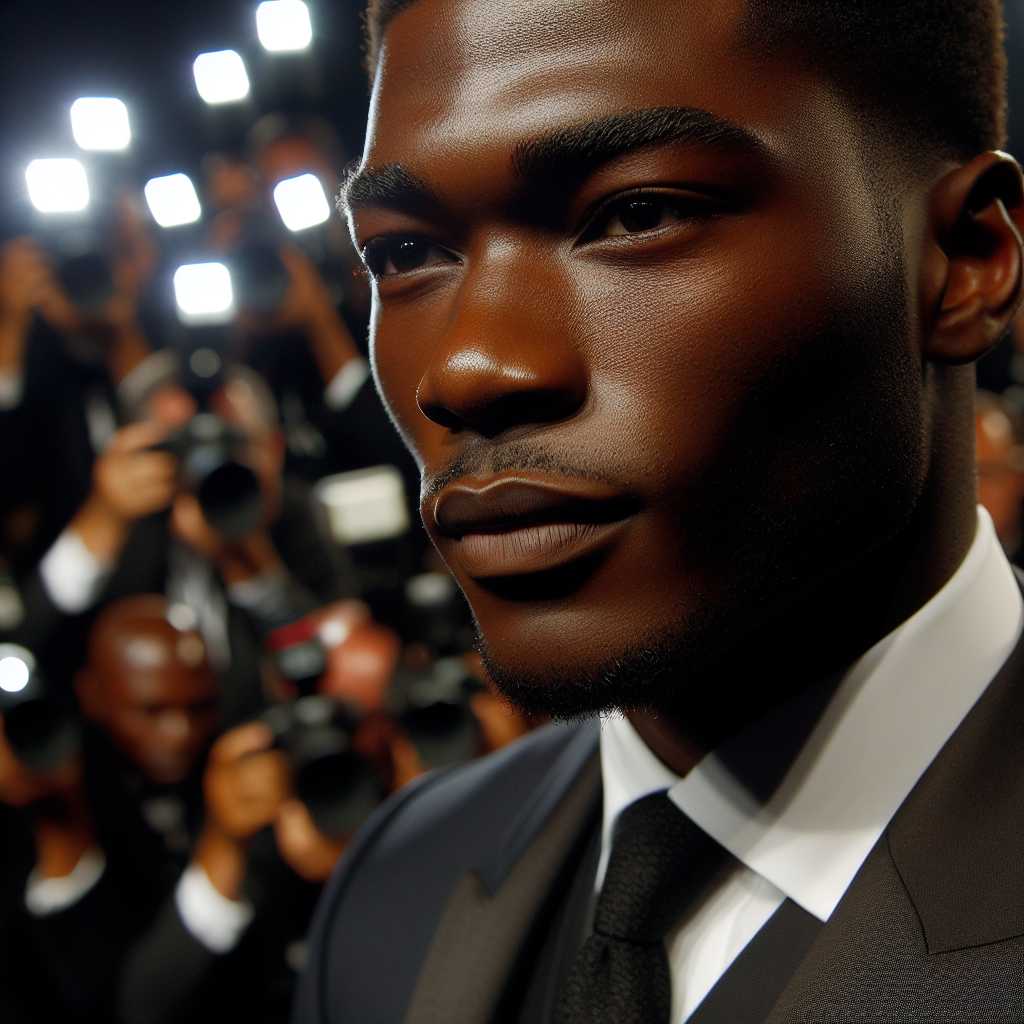The Life and Career of Djimon Hounsou: From Africa to Hollywood Stardom
Djimon Hounsou has risen from humble beginnings to become one of the most recognizable faces in Hollywood, known for his intensity, versatility, and commanding screen presence. Beginning his life in West Africa and journeying through a modeling career in Europe to acting in the United States, Hounsou has crafted a unique path marked with significant achievements in cinema.
Early Life: The Foundations of a Future Star
Hounsou’s life began on April 24, 1964, in Cotonou, Benin. Like many of his region, he faced challenges growing up with limited economic opportunities and the realities of life in an evolving country post-independence. Despite the difficulties, Hounsou would carry with him his roots rich with culture and tradition that later helped inform and shape his craft.
Transition to France: Paving the Path to Fame
In the late 1970s, seeking better prospects, Hounsou emigrated to France. It was in Paris that he was discovered by a fashion photographer who helped kickstart his modeling career. This transition was not only a shift in occupation but also one that opened the international stage to him and his eventual entry into film.
From Runways to the Big Screen: A Star is Born
Hounsou’s striking features and powerful stature allowed him to have a successful stint as a fashion model. But his ambition soon led him to pursue acting. After a minor film debut in “Without You I’m Nothing” (1990), he made an appearance in the music video for Paula Abdul’s “Straight Up,” further increasing his visibility.
It was his role as Cinqué in Steven Spielberg’s historical drama “Amistad” (1997) that marked his real breakthrough in acting. He received high praise for portraying the leader of an African slave revolt. This dynamic performance earned him both critical acclaim and a vivid space on Hollywood’s cultural landscape.
Critical Acclaim and Oscar Nods: Cementing His Role as an Actor
Djimon Hounsou further distinguished himself with exceptional performances in films such as “Gladiator” (2000), where he played Juba, a Numidian tribesman, and as Mateo in “In America” (2003). The latter garnered him his first Academy Award nomination for Best Supporting Actor. His compelling conveyance of deeply complex emotions was potent evidence of his acting prowess and versatility.
Once again capturing the Academy’s attention, Hounsou earned his second Oscar nomination for his work in “Blood Diamond” (2006), where he played Solomon Vandy, a fisherman entangled in Sierra Leone’s civil war. His stirring portrayal brought attention not only to his talent but also highlighted important social issues within Africa.
Expanding Horizons: From Action Films to Superhero Universes
Continuing to diversify his roles, Hounsou appeared in various genres extending his grip over audiences worldwide—notably within action-adventure films like “The Island” (2005) and dramatic explosés like “The Tempest” (2010). He proved that beyond doubt he could explore any genre without losing the distinctive essence which makes him stand out among peers.
Hounsou’s venture into the comic book world through roles in “Guardians of the Galaxy” (2014) and “Aquaman” (2018) broadened his appeal to a new generation of viewers while securing his place within pop culture as part of major blockbuster franchises.
Notes:
*Image description:*
A close-up portrait of an intensely focused Djimon Hounsou at a red carpet event where he is seen wearing a sharp suit. The image captures the distinctiveness of his chiseled features against the backdrop of Paparazzi flashlights.
MaVFy

